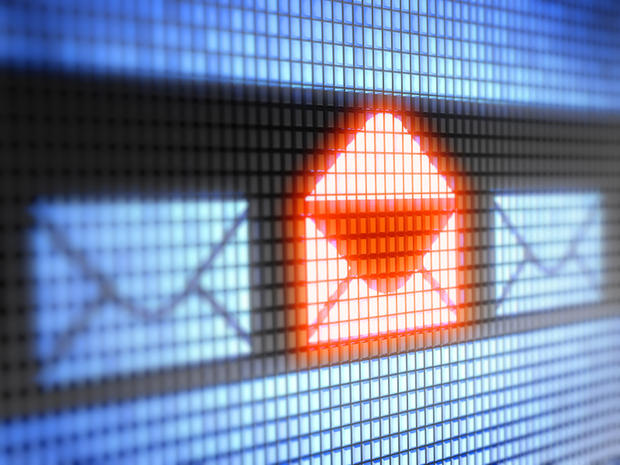How to get the most from your email signature
(MoneyWatch) COMMENTARY Most people use the "signature" feature built into their email program for pretty much the same thing -- appending their name, title, and phone number to messages. The more informal among us might also throw in some sort of quote or aphorism, as well.
But for the most part, the real potential for making use of those ubiquitous signatures is being squandered by just using it as the very tail end of an email message.
Here's what I mean: Your email signature can deliver a slew of information to your contacts with virtually no effort on your part. By creating a handful of signatures, each one optimized for certain kinds of communication, you can attach the proper signature to email and send just the right information, saving yourself a ton of time in the process.
Break the email stalemate with a phone callEnhance productivity by disabling some alerts
9 keys to email etiquette
Doing this is a snap. Start by creating an inventory of the kinds of communication you frequently have via email. For example, in my case, I find myself replying to people:
- Pitching me story ideas that don't interest me
- Pitching me story ideas that do interest me and that I might want to follow up on
- Looking for job opportunities
- Asking me questions which are answered in one of my books
And so on. In the past, I might have written a custom message for each one of these common situations, or perhaps created email "templates" that I stored in the drafts folder and then had to open, copy, and paste into the email I was planning to send.
A much more efficient solution is to write a boilerplate message and save it as a signature in Outlook. When I write my response, I simply choose the appropriate signature, and the text is inserted automatically into my email message. I can tweak it, if necessary, or just click 'send.'
